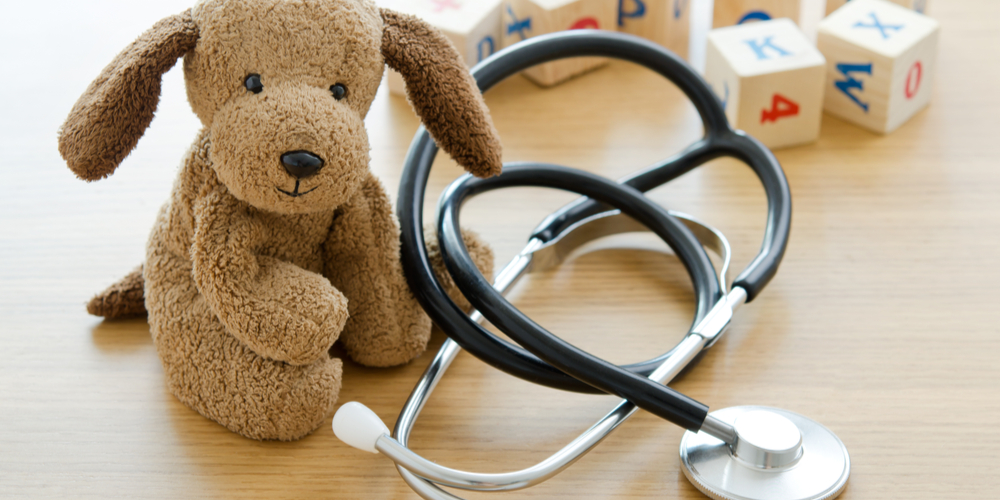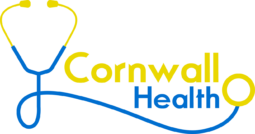
Children are vulnerable to catching illnesses as their immunes systems are not fully developed; the articles below will outline some of the most common illnesses in children and offer practical advice on how to ensure your child enjoys good health.
Common illnesses
Colds
Colds are very common in young children and are highly contagious; this means they spread quickly. There is no cure for the common cold as it is a viral illness; it is beneficial however to ensure your child drinks plenty of fluids, has lots of rest and wraps up warm if they are suffering with a cold.
Take care to keep an eye on your child’s temperature; a normal temperature should be 38 degrees; if it is significantly higher than this you should seek medical advice; normally over the counter pain relief can reduce children’s temperatures but more serious conditions will need to be treated by medical professionals.
Soaring temperatures can be symptomatic of meningitis so it is best to get your child checked over as early as possible. Symptoms of a cold include a runny nose, head and muscles aches, feeling blocked up, lethargy and a sore throat and ears; antibiotics may be prescribed to fight off ear infections.
Coughs
Coughs are usually developed as a result of a viral infection such as a cold or flu. Coughs are contagious and can be passed around quickly, especially in high density areas, such as schools.
Usually, coughs wear off in time; however, if your child has had a cough for more than two weeks and it shows no signs of improving you should consult your GP. Prolonged coughing can be symptomatic of pneumonia so it is advisable to get them checked out.
Honey and lemon have been shown to improve the symptoms of coughing; it may also be beneficial to give your child over the counter pain relief as this will help to ease some of the symptoms related to the viral infection.
Meningitis
Meningitis is a serious illness and can potentially be fatal so it is important to be aware of the warning signs.
Many of the symptoms of meningitis are similar to those of the common cold or flu; a soaring temperature (over 38 degrees) is usually the most obvious symptom; if your child has got a very high temperature you should consult your GP and if they have any of the other symptoms listed below do not hesitate to seek emergency medical help.
Other symptoms of meningitis include vomiting, extreme muscle pains and aches, a floppy body, loss of appetite, prolonged crying and a swollen fontanel in babies.
There are two types of meningitis; these include bacterial and viral; bacterial is more serious but the symptoms are similar for both so seek medical help as quickly as possible.
Meningitis may also be characterised by a rash; if your child develops a rash, place a glass on the skin surface; if the rash does not fade or lose colour you should seek emergency medical treatment.
Asthma
Asthma is increasingly common in young children and causes difficulty with breathing.
Most children grow out of asthma but some will suffer with the condition throughout their lives. Symptoms of asthma include shallow breathing, prolonged coughing and wheezing and troubles with breathing; if your child displays these symptoms you should arrange for them to see your GP; they will be able to assess your child’s condition and prescribe the necessary medication. Generally, asthmatics use inhalers to help them breathe; if a child is severely asthmatic they should have their inhaler with them at all times as asthma attacks may come on at any time and can potentially be fatal.
Chickenpox
Chickenpox is common in young children and is characterised by the development of small red spots all over the body.
The spots are very itchy but try to discourage your child from scratching them as this may delay the healing process and cause scarring later in life.
Chickenpox is highly contagious so ensure your child stays away from school for at least 7 days after the spots appear; after this period of time, the spots should have scabbed over and will therefore no longer be contagious.
There are lotions available to ease the itchiness and swelling.
Eczema
Eczema is a common condition in young children and is characterised by areas of irritated, red skin. It is commonly found on the hands, elbows and backs of the knees.
Eczema can usually be treated with a variety of lotions, creams and soaks. Most children grow out of eczema but some may suffer with it in adulthood.
